
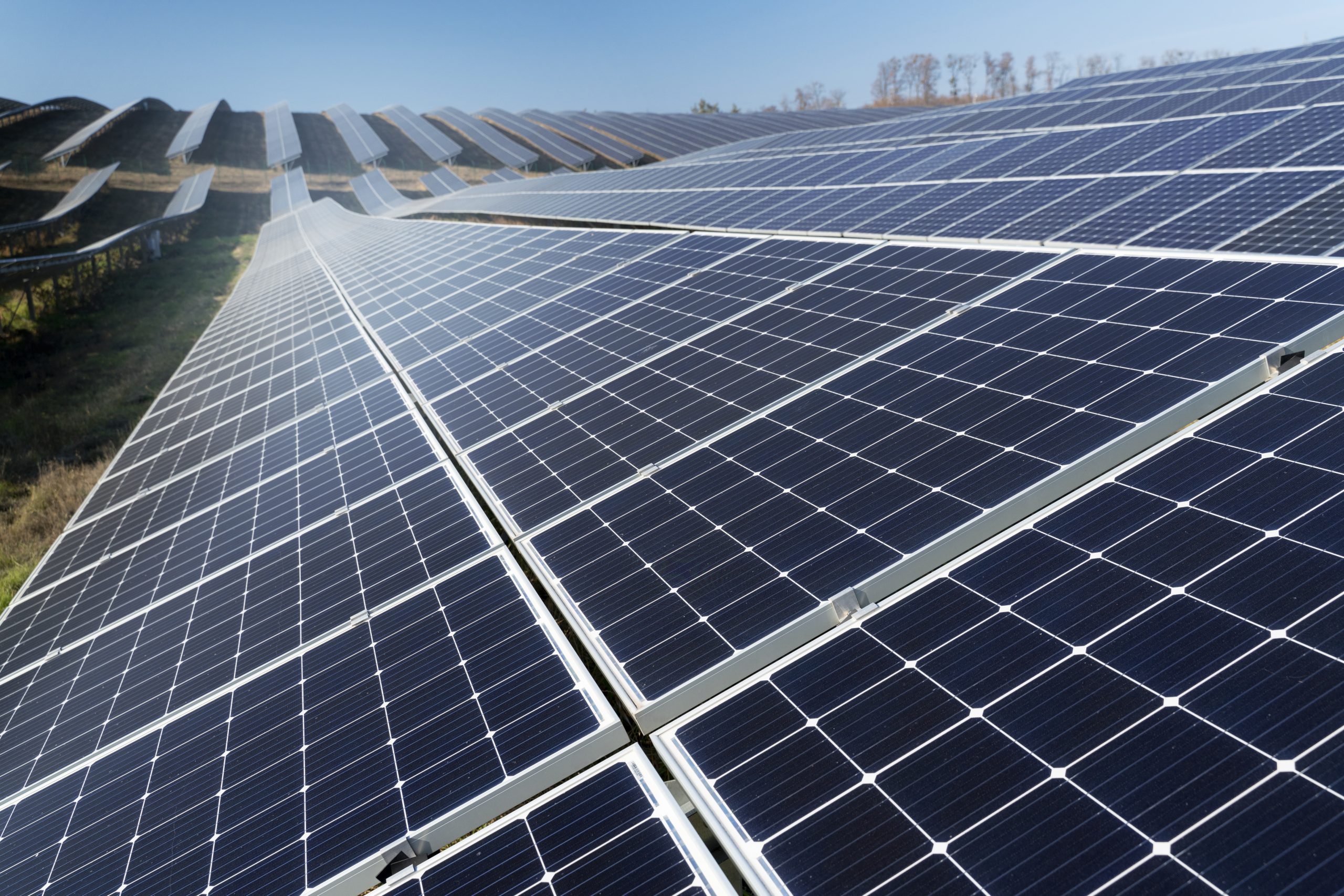
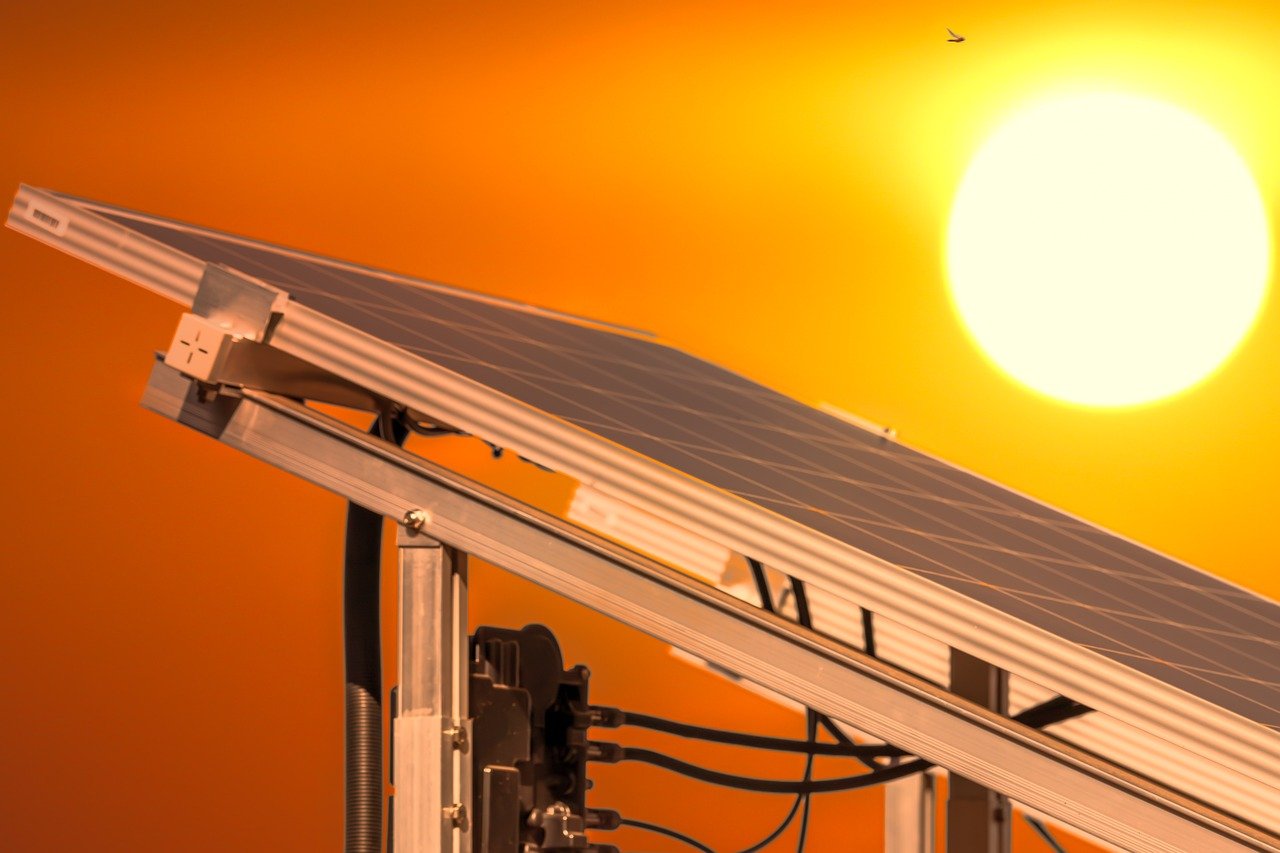
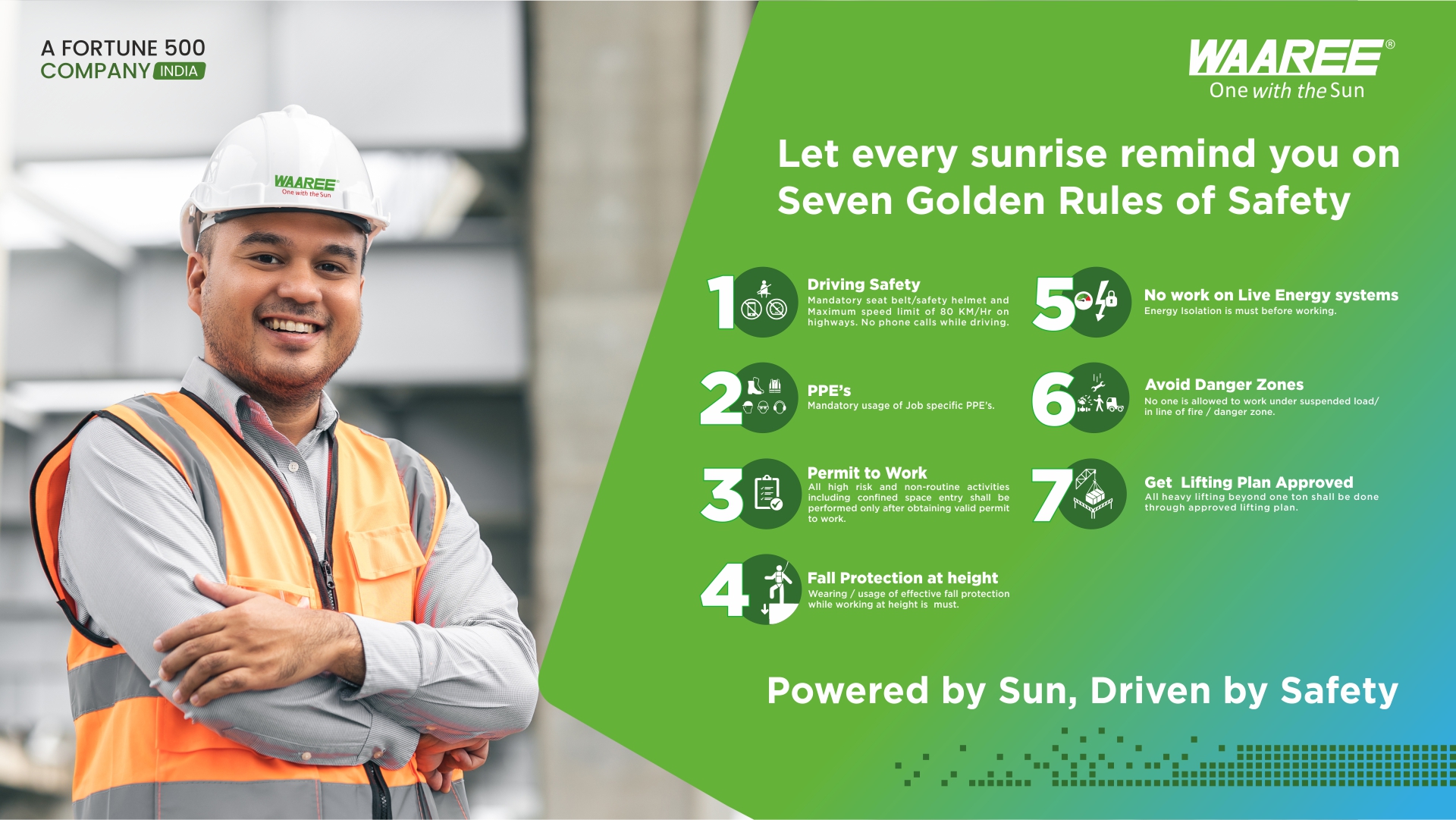
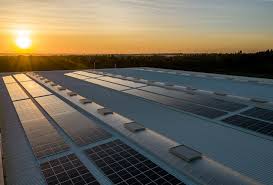
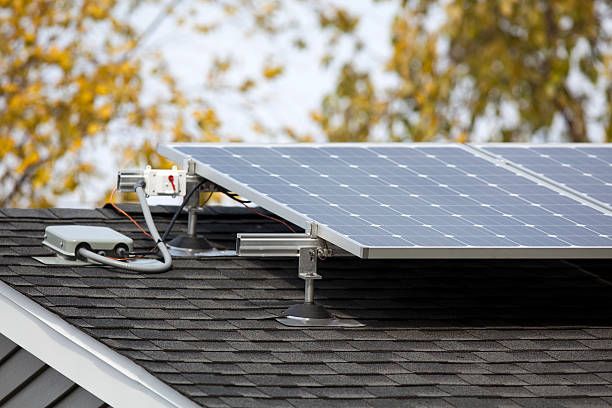
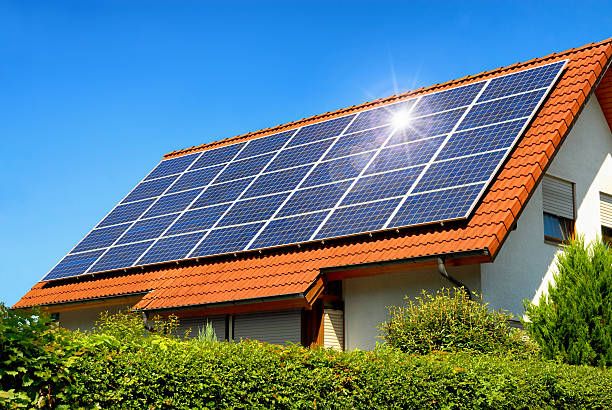
The Economics of Solar: Cost Savings and Incentives Explained
Going solar is one of the best investments you can make for your home or business. Installing solar panels allows you to generate your own renewable electricity and reduce your dependence on the grid. While the upfront costs of solar panels may seem high, the long-term savings and economic benefits are well worth it. In this blog, we analyze the cost savings you can expect from solar and outline the financing options and incentives available to help make solar affordable.
Cost Savings Analysis of Solar Panels
The biggest economic advantage of installing solar panels is the long-term energy bill savings. Once your solar power system is up and running, it will generate electricity for your home for decades to come. This allows you to greatly reduce or even eliminate your monthly electricity bills, saving you thousands of rupees over the system’s 25-30 year lifespan.
To estimate your potential cost savings, you need to look at your current electricity usage and rates, along with details like your location, roof type, and system size. As an example, the average home solar installation of 5 kilowatts (kW) could generate over 7,000 kilowatt-hours (kWh) of electricity per year. At an average utility rate of Rs.7 per kWh, that solar energy would provide over Rs.49,000 in annual bill savings.
Over a 25 year lifespan, this amount could add up to well over Rs.12,25,000 in cumulative electricity savings. And that’s money that goes straight back into your pocket rather than to the utility companies. Keep in mind that electricity rates from utilities tend to rise by over 5% or more per year. So your savings from solar power will likely continue increasing over time and protect you from escalating rates.
In addition to slashing your energy bills, installing solar panels adds valuable equity to your home. Research shows that going solar can increase your property value by approximately 4.1% on average, compared to non-solar homes. That additional resale value is yet another long-term economic benefit to consider.
Solar Financing Options
Upfront purchase and installation costs for complete solar panel systems can range from around Rs.1.5-2 lakhs for an average-sized 5 kW system. However, thanks to innovative solar financing programs, you don’t have to pay all that money at once. Options like solar loans, solar leases, and power purchase agreements (PPAs) allow you to reap the bill savings benefits of solar energy with little to no money down.
Solar Loans
Secured solar loans distributed by many banks and credit unions allow you to finance your solar panel system over 10-20 years. Instead of one large payment, you simply pay off your system (plus interest) in affordable monthly instalments, just as you would with a mortgage or auto loan. This spreads out costs over the system’s lifetime, when you will be benefiting from solar savings. Good credit scores qualify you for the best solar loan interest rates and terms.
Solar Leases
Leasing your solar panel system can further reduce your upfront costs. Under a solar lease, you sign an agreement with a solar company that installs a system on your home for little to no upfront cost. Rather than owning the system, you lease it from them and pay a fixed monthly rate that is less than your previous utility bill. At the end of your lease term (often 20+ years), you may have the option to renew your lease, have the panels removed, or buy the system.
Power Purchase Agreements (PPAs)
A PPA is another very popular financing model for solar panels. With a PPA, a solar provider owns, operates, and maintains the system installed on your property. Rather than buying electricity from your utility, you buy solar power directly from the solar company at a lower, fixed rate through a power purchase agreement. This saves you money immediately, while the company receives income from these electricity sales and tax incentives. PPAs typically range from 10-25 years.
Economic Advantages for Businesses
Solar energy systems can provide businesses and non-profit organizations with even greater economic advantages compared to residential installations. Commercial sites like warehouses, factories, distribution centers, retail stores, and office spaces tend to have incredibly high energy consumption and very expensive utility bills. Going solar provides more dramatic bill reductions and quicker payback on investment.
The federal investment tax credit (ITC) also allows businesses to deduct 30% of their solar power system costs from their federal corporate taxes. When combined with accelerated depreciation and strong financial incentives from states like Maharashtra, the net costs of going solar can be much lower for commercial buildings. Analytics show that, on average, commercial solar power systems can completely pay for themselves in 4-6 years thanks to these savings and tax benefits.
Going Solar with Waaree: Solar Energy Solutions
As you can see, solar power provides outstanding long-term cost savings and economic advantages thanks to reduced energy bills and valuable incentives. At Waaree we help homeowners and businesses across India benefit from solar energy for over 30 years. As one of the most reputable brands in solar, we have unparalleled experience designing and installing solar electric systems of all shapes and sizes.
Waaree offers end-to-end solar services, including:
– Solar consultations
– Custom system designs tailored to your electricity usage
– High efficiency Tier-1 solar panels
– Skilled local installation crews
– Ongoing system monitoring and maintenance
– Excellent warranties and customer service
We also have many options to help you afford to go solar. To learn more about solar panels for your home or business, contact us today!